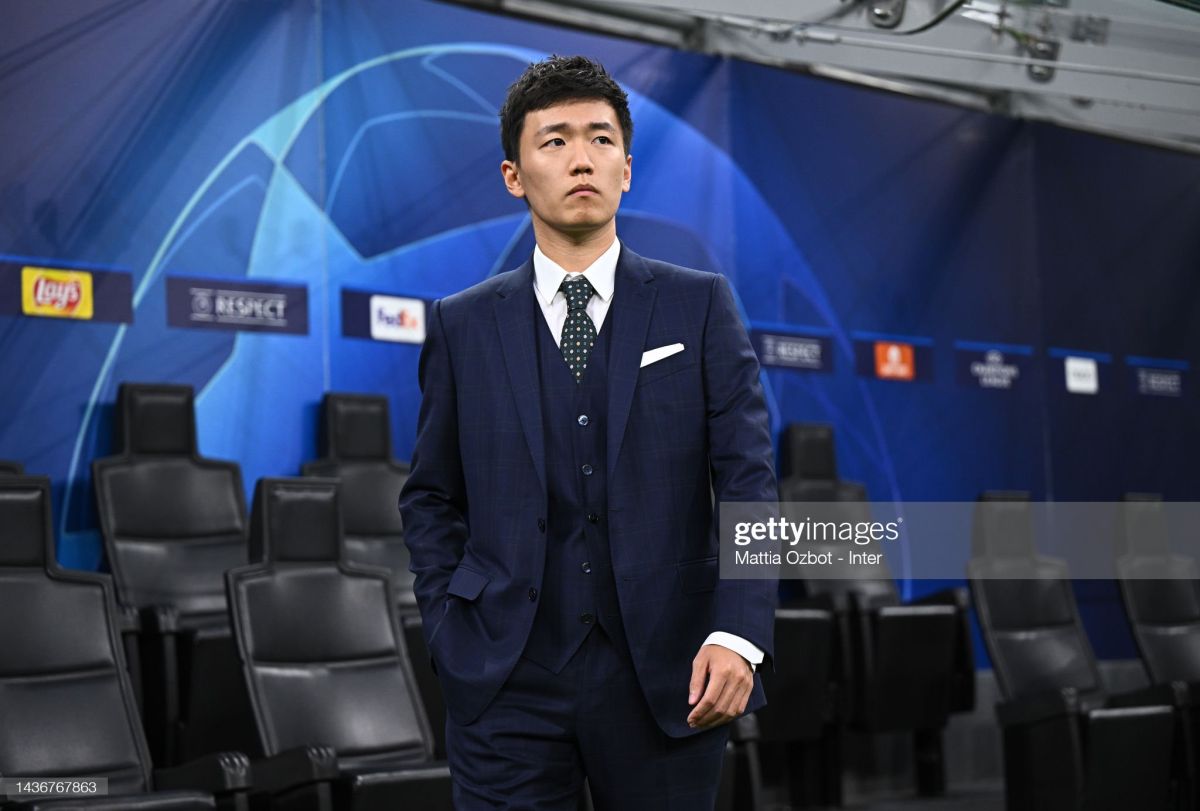In the high-stakes drama of professional football, the transfer market often tells a deeper story than just player movements. For Italian giants Inter Milan, a subdued recent window has ignited a fresh wave of speculation and scrutiny, casting a long shadow over their financial health and the stewardship of owner Steven Zhang.
A Market of Whispers, Not Signings
While many of Europe`s footballing elite engaged in headline-grabbing acquisitions, Inter Milan`s activity was notably muted. This isn`t merely a tactical choice aimed at squad stability; it is, critics argue, a symptom of a more profound financial tightrope walk. The narrative gaining traction suggests that beneath the surface of a club enjoying recent on-field successes, the balance sheets tell a tale of caution, if not outright concern, dictating market strategy.
The Zhang Era: Ambition Meets Financial Reality
Steven Zhang, the young chairman of Suning Holdings Group, took the helm at Inter with grand ambitions. His tenure has seen the club secure Serie A titles and Coppa Italia triumphs, a testament to significant investment and strategic appointments. However, the financial landscape of modern football, exacerbated by global economic shifts and the inherent costs of competing at the highest level, has proven to be a formidable adversary.
The core of the current discussion revolves around the long-term sustainability of the club`s financial model under Zhang`s stewardship. Reports and commentaries increasingly point to complex financial arrangements and substantial debt obligations associated with the club`s ownership. Critics, often with a keen eye for rivals` affairs, suggest that the lack of substantial investment in the transfer market isn`t a strategic masterstroke but rather a forced austerity measure. One might even muse that in football, sometimes the biggest statements are made not by who you buy, but by who you don`t.
Scrutiny from All Corners: The Italian Football Landscape
The Italian football ecosystem is a cauldron of passionate rivalries, and financial transparency is a constant point of contention. Regulatory bodies like the FIGC (Italian Football Federation) and COVISOC (the football financial supervisory committee) are ostensibly tasked with ensuring clubs adhere to strict financial parameters. Yet, the current discourse around Inter hints at a perceived leniency or, perhaps, a system struggling to keep pace with the intricate financial structures of global conglomerates and the pressures of modern club ownership.
Commentary from various quarters, particularly those not entirely sympathetic to the Nerazzurri, has been biting. Accusations range from questions about past financial solvency to outright skepticism regarding future stability. The notion that «some accounts simply don`t add up» has become a recurring theme, echoing sentiments of frustration and calls for greater accountability within the sport, demanding a clearer picture of club finances.
The Wider Implications for Serie A and European Football
Inter Milan is not merely a club; it`s a pillar of Serie A and a significant player in European competitions. The financial health of such a prominent institution has ripple effects across the entire league. If one of its giants is perceived to be operating under significant financial duress, it raises broader questions about the competitive balance and long-term viability of Italian football at the highest level. The transfer market, in this context, acts as a critical barometer. A quiet market for a powerhouse like Inter suggests a systemic pressure that extends beyond the club itself, touching upon the very foundations of modern football economics.
Navigating the Future: A Tightrope Walk
As the dust settles on the transfer window, all eyes will remain on Inter Milan. Can they continue to compete at the elite level while navigating what appears to be a challenging financial landscape? The coming seasons will undoubtedly test the resilience of their management, the loyalty of their passionate fanbase, and the acumen of their financial strategists. The whisper campaign surrounding «the reasons why someone didn`t buy» might just be the prelude to a much louder conversation about the future of football finance, where economic reality often triumphs over sporting ambition.
In football, as in life, sometimes silence speaks volumes. And in the case of Inter Milan`s recent transfer market, the quiet hum of financial apprehension seems to be resounding louder than any blockbuster signing ever could.

